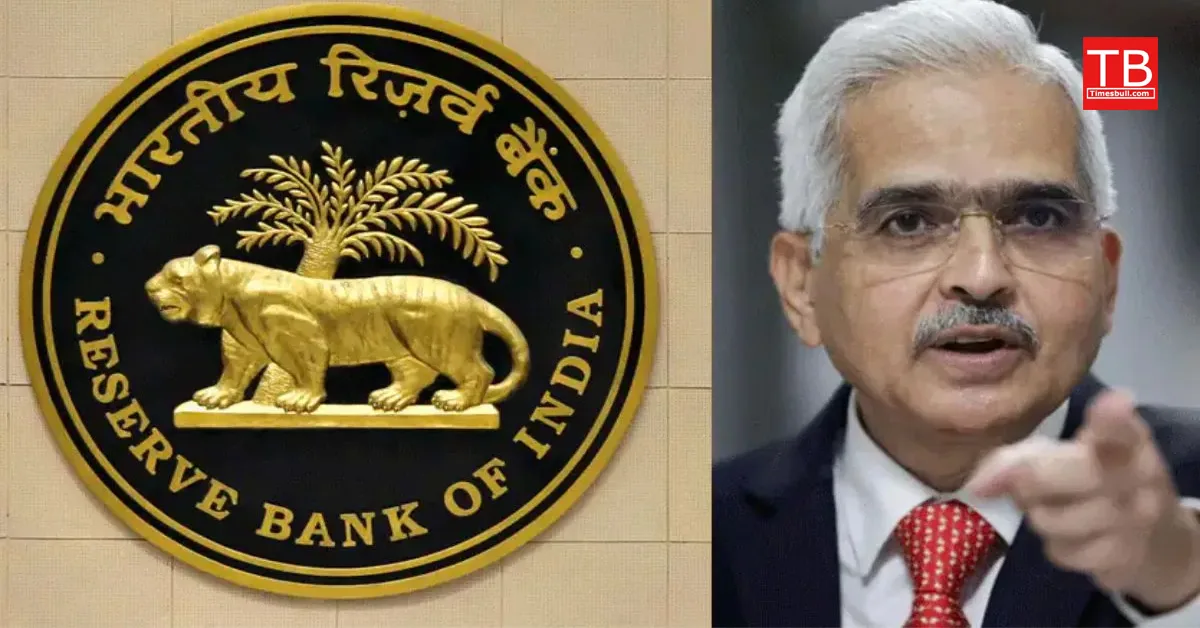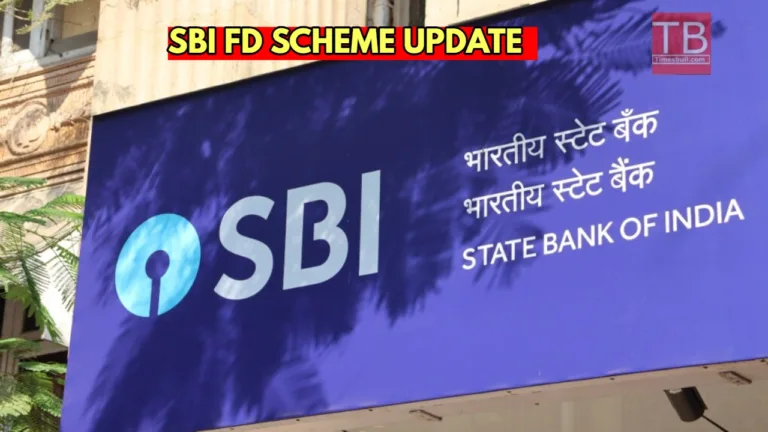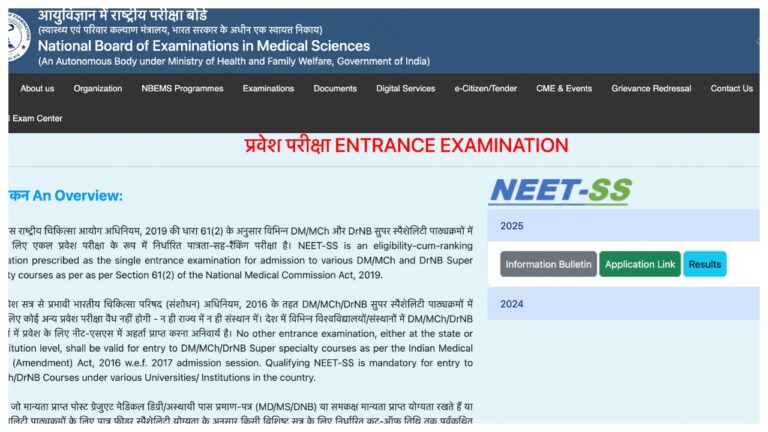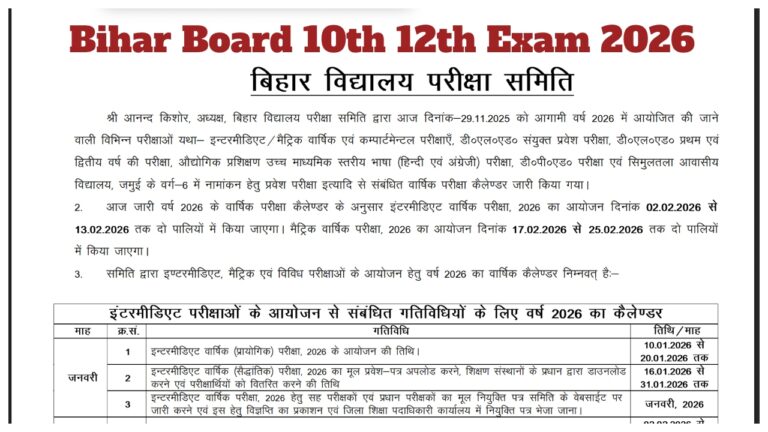RBI makes big announcement regarding payments. If you are a NRI person then this article is for you. RBI delivers significant news about payments. If you are an NRI individual, then this article is intended for you. The Reserve Bank of India (RBI) has declared an increase in the interest rate ceiling on foreign currency deposits made by Non-Resident Indians (NRIs). This stage aims to boost capital inflow in response to the rupee’s pressure. The Reserve Bank has made this move at a moment when the rupee has hit its lowest point in comparison to the dollar. The rupee fell to a record low of 84.75 against the US dollar this week.
RBI announces major decision
In the announcement regarding the fifth credit policy for the current fiscal year, Reserve Bank Governor Shaktikanta Das stated that the decision has been made to raise the interest rate cap on Foreign Currency Non-Resident Bank Deposits, known as FCNR (B) deposits. The Reserve Bank appears to be utilizing foreign exchange reserves to manage the fluctuation of the rupee. The Reserve Bank of India (RBI) has opted to raise the interest rate on foreign currency deposits held by Non-Resident Indians (NRIs).
What is the rise in interest for FCNR (B) deposits?
Starting Friday, banks can gather short-term alternative reference rate (ARR) deposits at 4 percent for new FCNR(B) deposits with durations between one year and under three years, up from the previous rate of 2.50 percent. Likewise, deposits maturing in three to five years can earn an ARR plus five percent interest, compared to the previous cap of 3.50 percent. The RBI governor mentioned that the exemption for FCNR will be accessible only until March 31 of next year.
RBI took a big decision amid pressure on the rupee
India, the world’s largest recipient of remittances, has recently offered better interest rates on NRI deposits amid pressure on the rupee. Meanwhile, Shaktikanta Das also announced to increase the reach of foreign currency-retail platforms through association with ‘Bharat Connect’. He, however, said volatility has been less compared to emerging markets.










